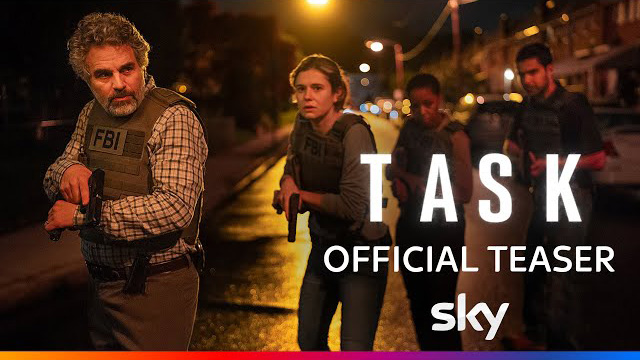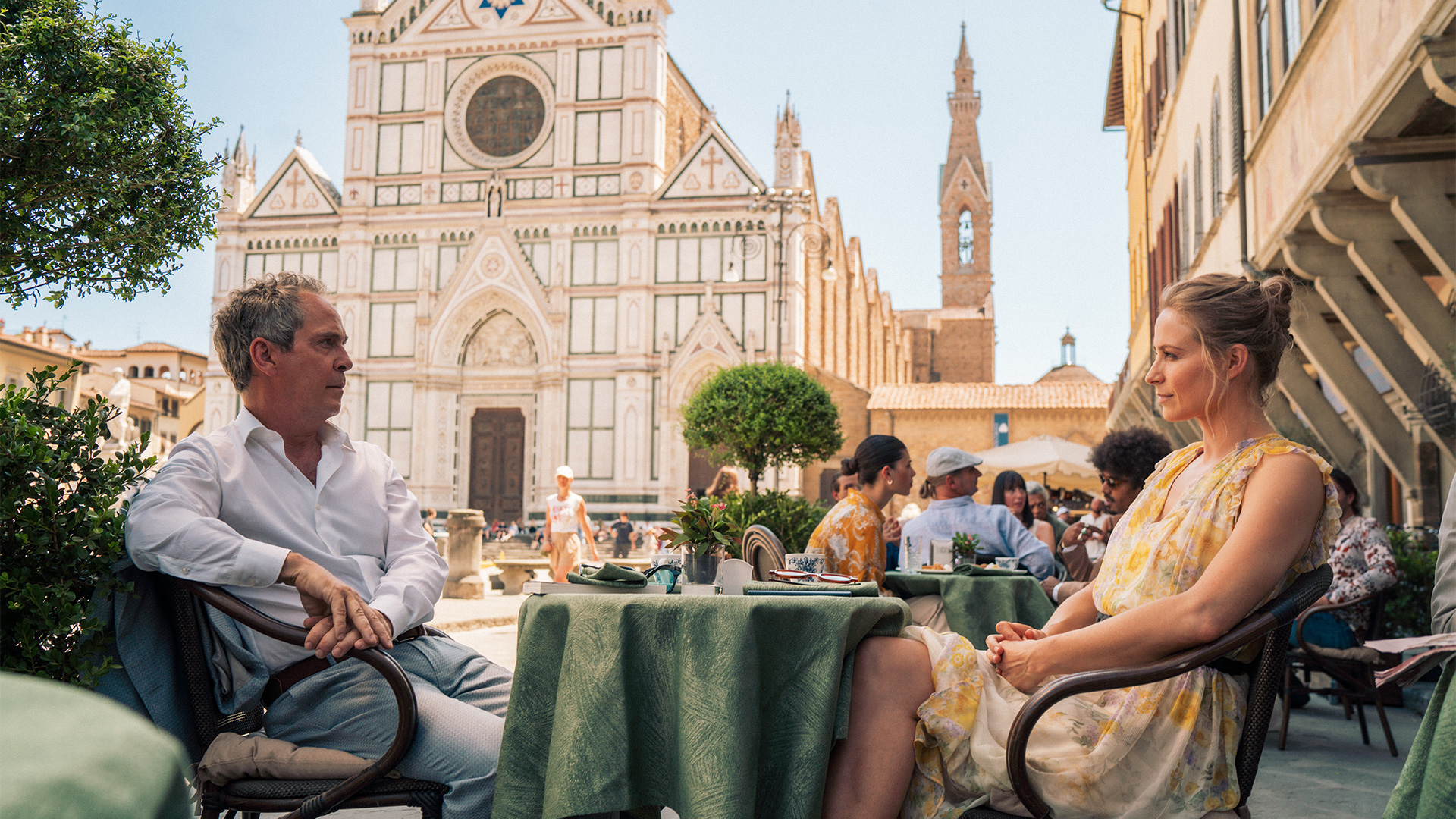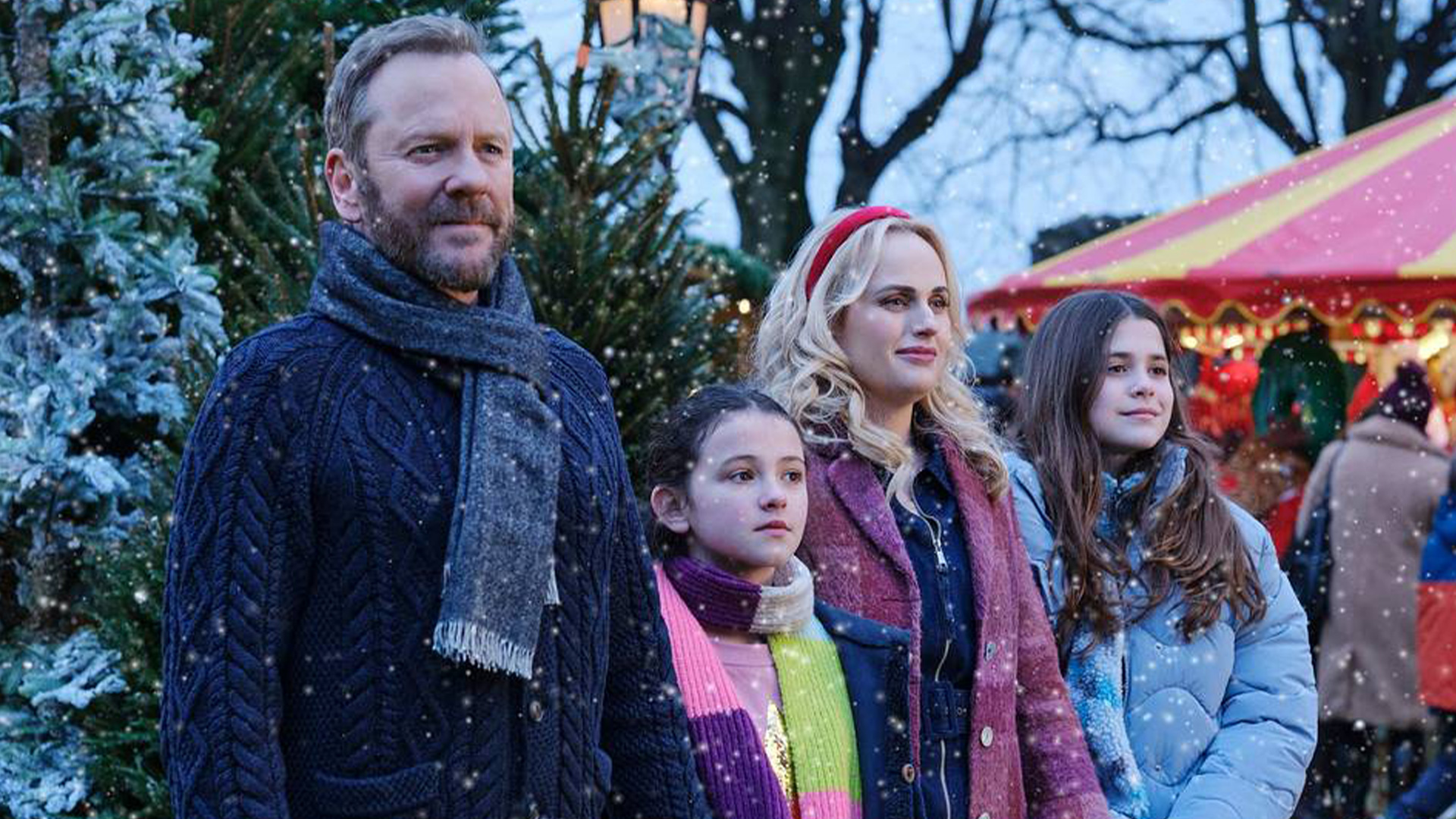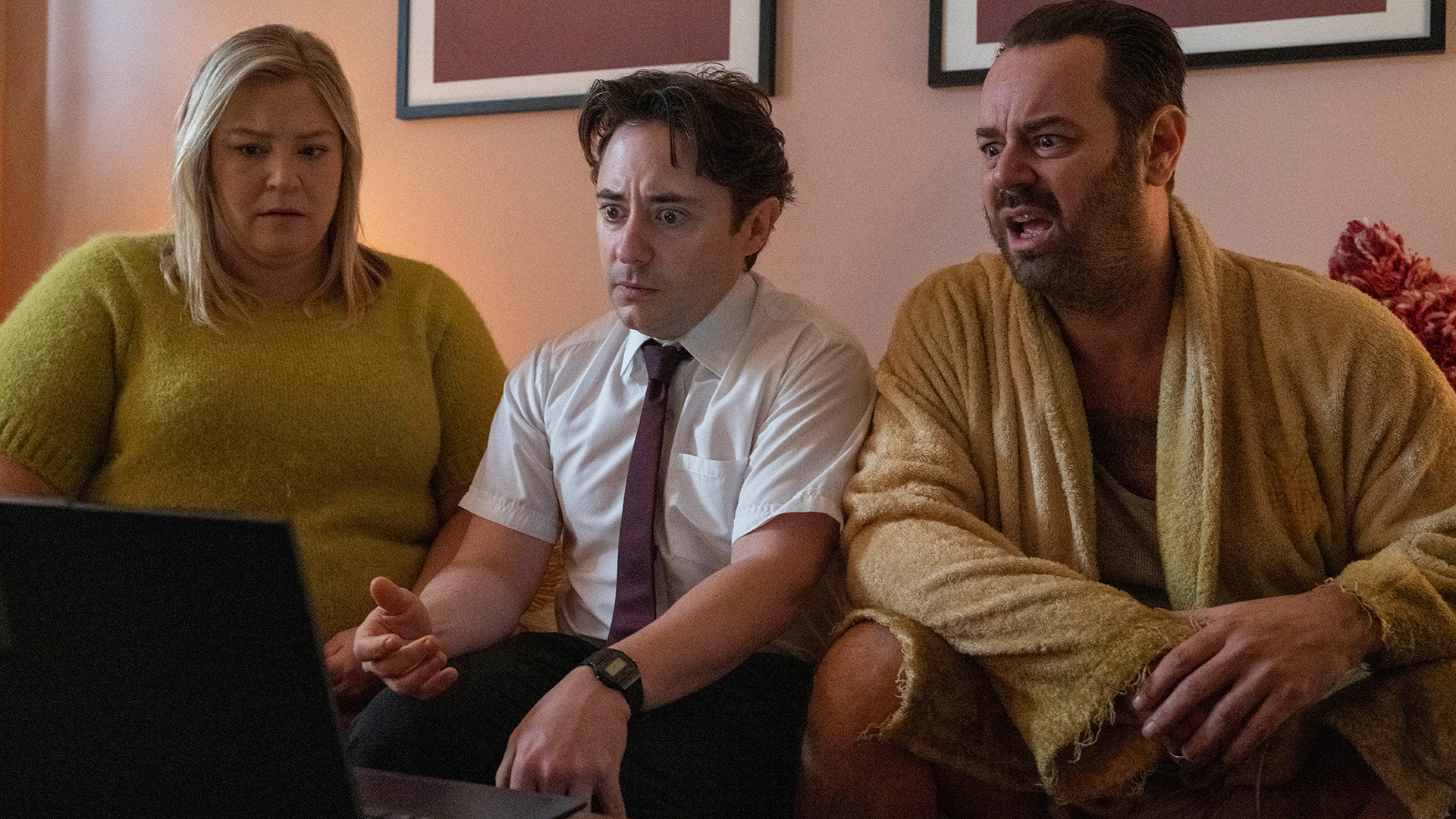Murnaghan Interview with Mikheil Saakashvili, former President of Georgia and advisor to Ukrainian government, 1.03.15
ANY QUOTES USED MUST BE ATTRIBUTED TO MURNAGHAN, SKY NEWS
DERMOT MURNAGHAN: Now the killing of Boris Nemtsov might affect international opinion of Russia and I am joined now from New York by a major critic of Vladimir Putin, the former President of Georgia, Mikheil Saakashvili. Mr Saakashvili is now a senior advisor to the government of Ukraine and a very good morning to you, thank you very much indeed for joining us. First of all, Mr Saakashvili, your reaction to the killing of Boris Nemtsov, can I ask you were you surprised that it happened?
MIKHEIL SAAKASHVILI: Well I wasn’t surprised it happened, I was quite surprised it didn’t happen until now. Russia certainly has become a Mafia state run by thugs and that’s what Mafia states does, it rewards its hit men and actually what killed him was the system created by Putin. Putin says things, you mentioned I am a critic of Putin but Putin basically is a guy who at press conferences says openly manage to hang me or to kill other people and then I was wondering how does it happen then? Somehow everybody that crossed Putin’s way somehow ended quite badly, almost everybody – Anna Politskovskaya, the most prominent Russian journalist; Litvinenko; Boris Berezovsky. Certainly Putin hated most of all in Europe President Kaczynski and he somehow also was killed in a plane crash. I am not claiming that all of this was engineered or done personally by Putin, what I’m saying is that it’s a strange coincidence, a very weird one that all of his main critics and everybody that cross his way, somehow almost all of them end, finish in this way. That again resonates with the fact that he has really turned Russia into some Mafia clan and Mafia state.
DM: It does also make us think, doesn’t it, and I can see on the monitors behind you you’ve got shots of it as we have, of the people gathering in Moscow to remember Mr Nemtsov today, how brave in a way they are and also, as the original protest was meant to be about, concerned about Russia’s actions in Ukraine.
MIKHEIL SAAKASHVILI: Yes, indeed and that is all inter-connected because I had several conversations with Nemtsov in the last several weeks and he was very much concerned by the fact that the Russia public was not getting the real truth about Ukraine and he wanted to reach out to tell them, this is us who is invading in Ukraine, this is us who is killing people there, this is us who launched the conflict, us meaning the Russian state and just telling the truth because most of the Russians were so much brainwashed by Putin propaganda that they are totally convinced these are American soldiers running there killing innocent Russians or some fascists or this kind of crazy stuff but Putin somehow has got it into the heads of many of compatriots. Basically telling the truth by itself or stating the facts has become an act of heroism inside Russia.
DM: You say they are interlinked, these issues, what do you make of the West’s response then since the development of the crisis in Ukraine? What are the mistakes of Western policy, the EU, NATO, the United States, what are the mistakes and what are the successes if any?
MIKHEIL SAAKASHVILI: Well first of all I have to say I was pleased that the UK’s Prime Minister, David Cameron, finally said this is plainly a Russian invasion of Ukraine and that’s what it is. All the time most of the Western politicians have been trying to replay this as being pro-Russian rebels, internal strife, all kind of stuff and this is exactly the way Hitler was invading Sudetenland. Of course he also had allies inside Czechoslovakia back then but it does mean that Germany could invade Sudetenland. What we have here on the ground is the largest country in the world, Russia, invading the largest country in Europe, Ukraine. The reality is that the only real response at this stage besides sanctions, beyond sanctions that have already been implemented and that have really made some difference in the initial stage, the main thing is now to give Ukrainians the means to defend themselves which actually means providing them with defensive weapons. Not the kind of weapons with which they can attack or even invade Russia, which of course they are not planning to do, but with something that can stop the further movement of Russian tanks. For all these years we have been hearing, well the Cold War is over, Russian tanks will never, ever advance in Europe, well this turned out to be absolutely wishful left-wing liberal thinking because in real terms here we are, we have tanks advancing deep into Europe, into the largest European country, unchecked. These are the same Russian tanks, this is the same Cold War already turning into hot war and basically we need to give the weapons. They are saying well if we give the weapons then it will make Putin even more aggressive but that’s exactly the logic by which they replied to all the aggressors historically who tried to appease them. Appeasement has never worked in history, appeasement is not going to work this time either. The point is that at a certain point Putin will need to be checked and stopped. The main question will be at what price, at what stage and will it be at the cost of the whole country disappearing, will it be at the cost of new people killed like Nemtsov or the others or it will be at an earlier stage at a lower cost for the West. I think Putin is the kind of guy who understands the language of strength, he doesn’t understand certainly the language of weakness. Weakness invites war and I think there are already people in the West that understand that but I hope it’s not too late until finally the United States starts delivering weapons. I saw the UK is sending instructors, it’s a good sign but we need much more than that.
DM: Let me ask you about that, Mr Saakashvili, as you well know and talking about some of the historical parallels and precedents, as you well know even if Ukraine were armed to the teeth with the most modern Western weaponry, it couldn’t resist a Russian invasion on its own as you know well from your experience in Georgia, it would take more than that if you really want to stop the appeasement.
MIKHEIL SAAKASHVILI: Well Georgia is a very small country, Ukraine has a strategic depth and Ukraine has much more manpower than Georgia ever had. One thing is clear, if you look at who Russia is sending to the battlefields, first these were non-Caucasian Muslims about which most of mainstream Russians, mainland Russians would not care if they had died. Now he ran out of them and basically he is sending lots of troops from behind, beyond Urals, from Siberia, the Far East, many of them from minorities. He is really very careful not to send many Moscovites and from St Petersburg, there is a very little tolerance in Russia for human casualties and that’s an historic things starting from Afghanistan. With Afghanistan the Soviet Union was a much larger country than Russia is, a much more powerful one but the manpower supplied by [inaudible] literally reversed the logic of that war and brought the end of the empire. Now we have low oil prices and if we have the combination of this raising cost also on the ground, this can do the trick. So when Georgia was invaded oil prices was at their height and basically Russia had free way because most of the others, it was quite a news that it would happen and people were basically taken by surprise. Now everybody understands what’s really going on the ground and Russia inside internally is in a much worse state than it was in 2008 so there are many things that are different. It is just the issue of whether somebody will have guts to confront that or not because the point is that it is not about even reversing there. President Poroshenko is a man of peace, I work with him, I know that he is a guy who is interested in settling this, he doesn’t want to flare up war. I know it, he has been a businessman all his life, he has been making deals, he wants to make compromises, to do compromises, he wants to do whatever his country wants and I know they want to have some manoeuvre to fix the economy, to do the reforms, they don’t want further war. But for that you need protection and what it really amounts to is Western Berlin. Western Berlin was much, much more territory than Ukraine but because the West took the political decision to physically protect it, it was somebody like Stalin who was even worse than Putin of course and then turning to the role model of reform, I think we can do it if we get this minimum checking of the further advances at least and that’s what we are basically asking now, not about major involvement. Nobody is asking for troops on the ground for sure …
DM: We are out of time, Mr Saakashvili, thank you very much indeed. Mikheil Saakashvili there.




